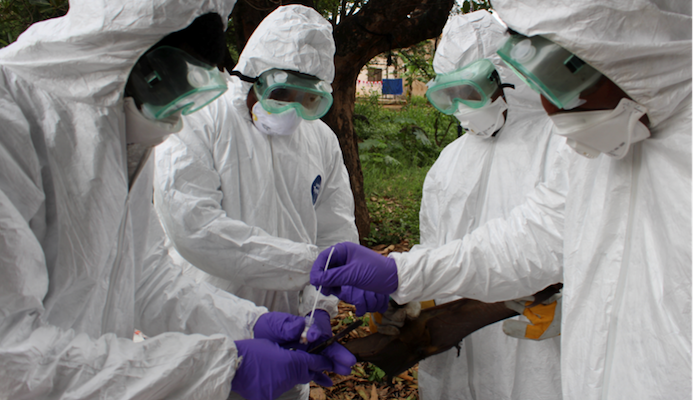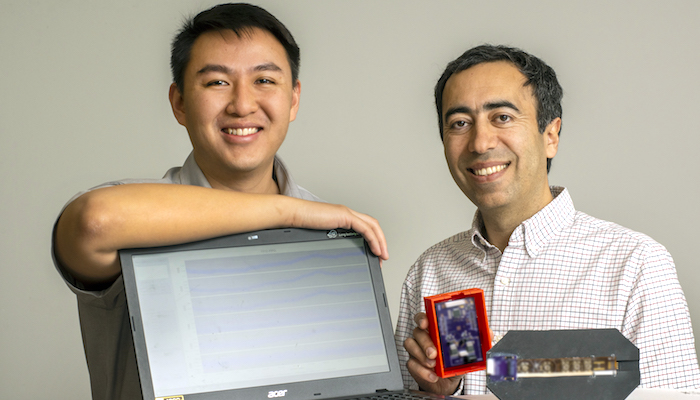Measuring the Impact of Emergency Remote Instruction at California Community Colleges
By Lisa Howard
Cassandra Hart, an associate professor in the UC Davis School of Education, will be conducting a study this fall to evaluate the impact of the COVID-19 pandemic on students in California Community Colleges. The postsecondary education system is the largest in the United States, with 115 colleges across California in urban, suburban and rural areas, and serves more than 2.1 million students from a wide range of backgrounds.
“California colleges went to unprecedented efforts to convert classes to remote instruction,” said Hart. “I hope this study will help us determine which approaches are most impactful in promoting successful online learning in challenging conditions.”
Hart, who is also a research affiliate at the Center for Poverty Research, has received a $48,000 grant from the Spencer Foundation as part of its special COVID-19 grant cycle. The Spencer Foundation is the only national foundation focused exclusively on supporting education research.
Like other institutions across the country, California Community Colleges reacted quickly to the COVID-19 pandemic in the spring by shutting down campus-based instruction and rapidly shifting to emergency remote instruction.
But the educational effectiveness of this switch has likely been impacted by a variety of factors and disparities. Community college students in California have varying levels of access to both computers and broadband internet. And the ability of individual teachers to transition their in-classroom curriculum to online formats may have been impacted by their relative levels of experience and the availability of training in online instruction.
Comparing student performance before and during the pandemic
To document how these and other factors may impact student educational outcomes, Hart will compare student performance before the pandemic to performance metrics during the pandemic. She will explore whether changes in performance were more pronounced based on the instructional responses that were launched or the student support resources the colleges had in place.
Among other metrics, Hart will be examining course completion and course passing, looking at the potential impact of socioeconomic status, race, sex, disability status and linguistic minority status. She will also be analyzing whether having pre-existing online campus resources for students — such as online counseling services and online tutoring — helped minimize the challenges posed by emergency online instruction.
“The results should help colleges in California and beyond think through best practices for meeting this challenge, and hopefully continue to improve outcomes in the future for students who take classes online, whether due to emergencies or choice,” said Hart.
She hopes to publish interim results of the study later this year.
To date, UC Davis has received $2.7 million in extramural funding for a wide range of COVID-19 research. The funded projects include clinical trials, vaccine strategies, and mathematical models to predict the mutation of the virus, among others.
Contacts
- Eva Guralnick, UC Davis School of Education, [email protected], 530-752-4809
- Cassandra Hart, UC Davis School of Education, [email protected], 530-752-5387
Resources
Latest News & Events















